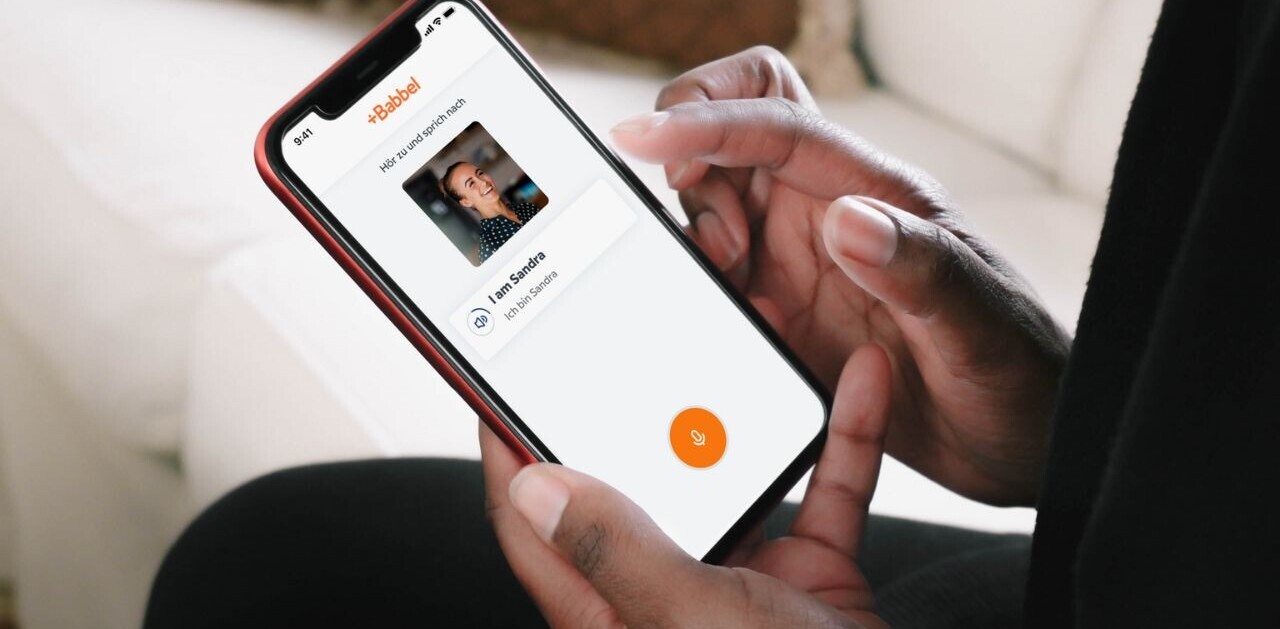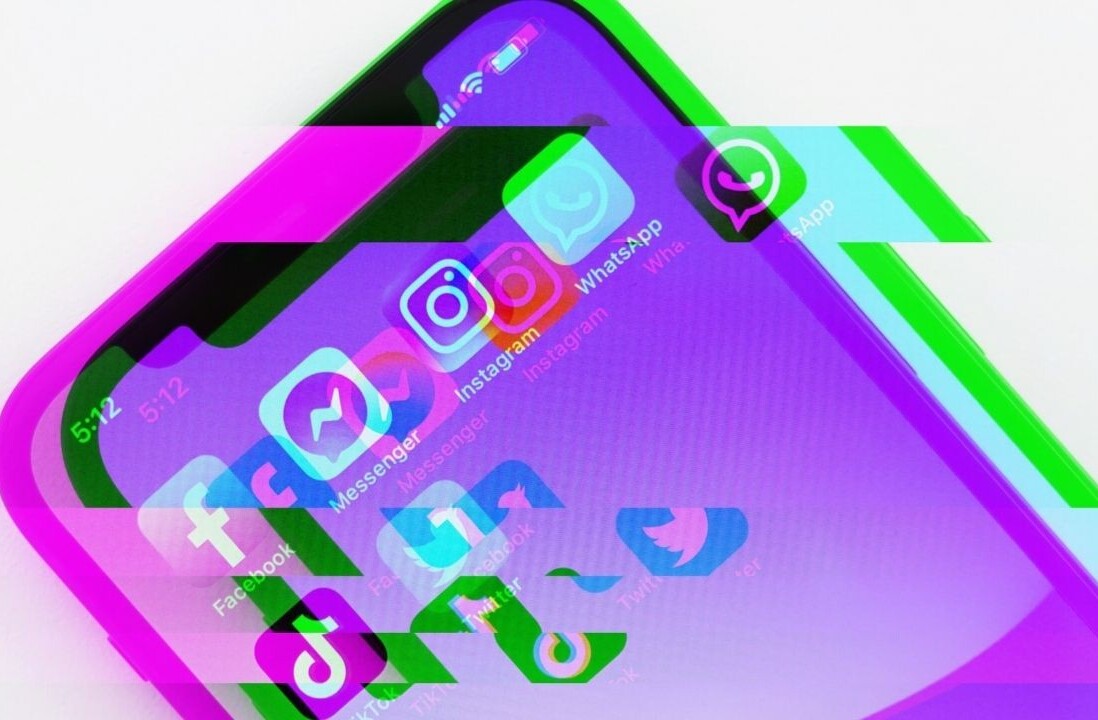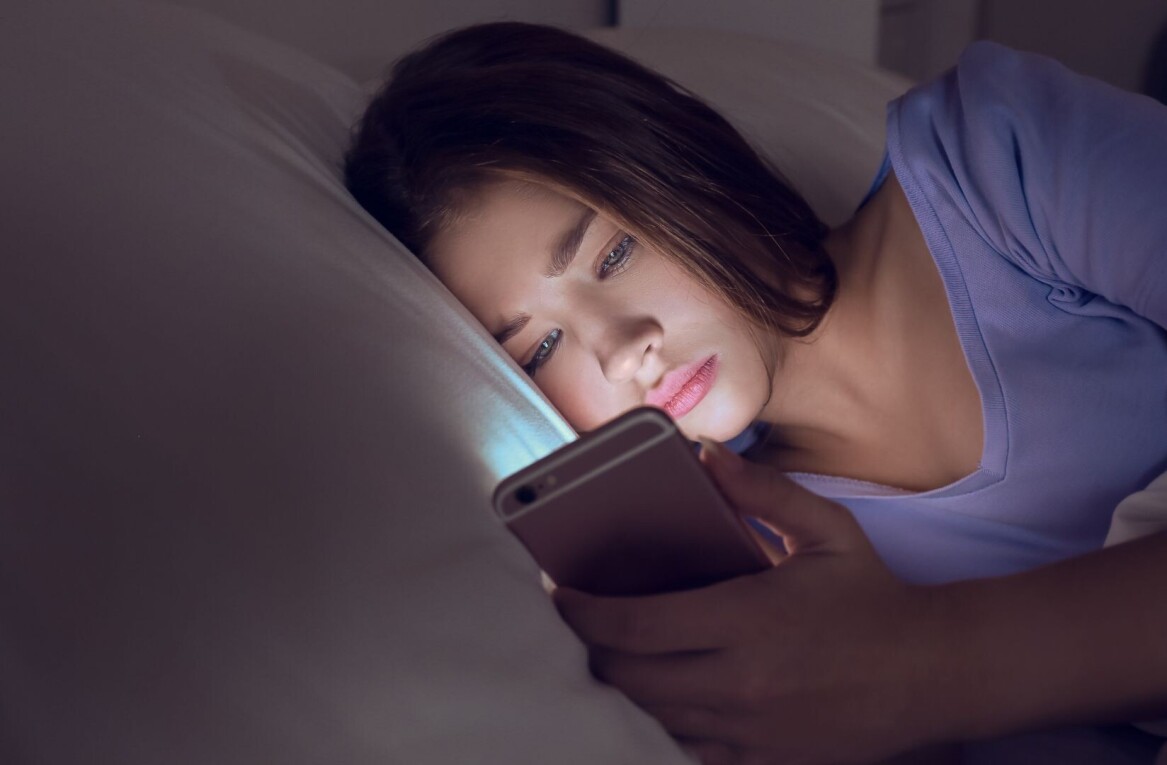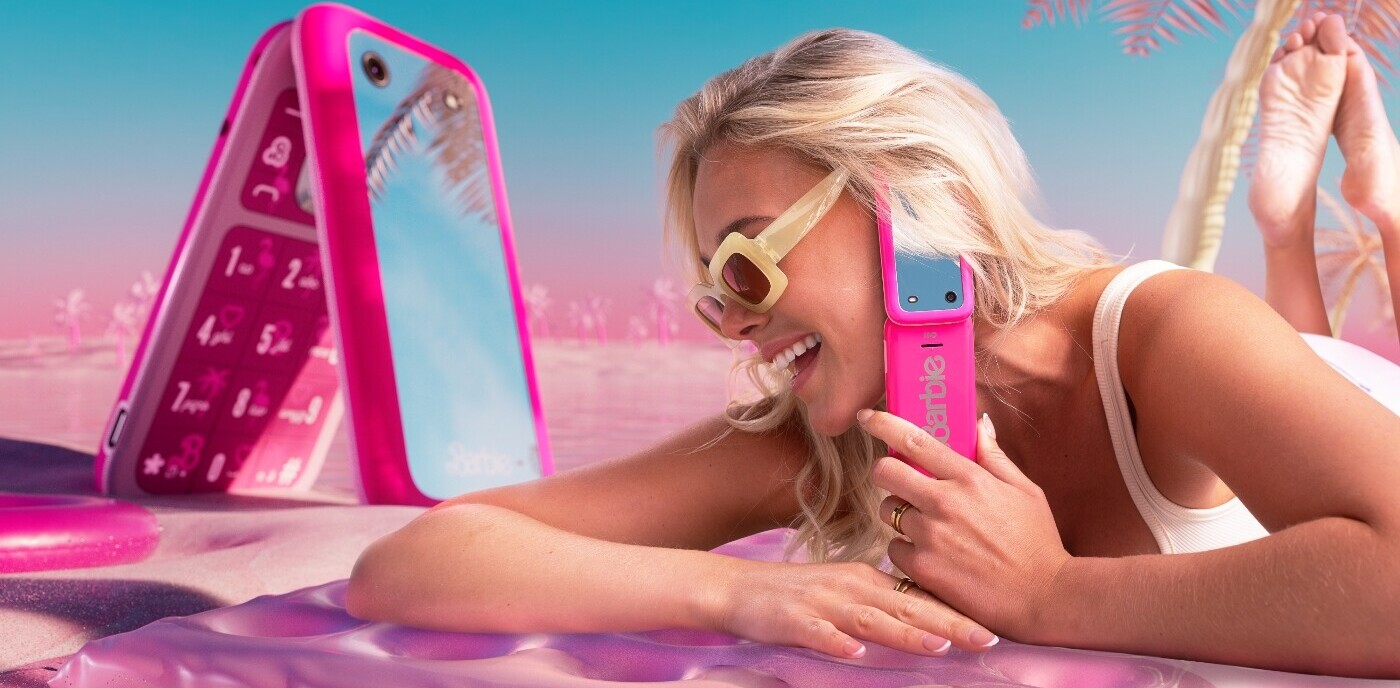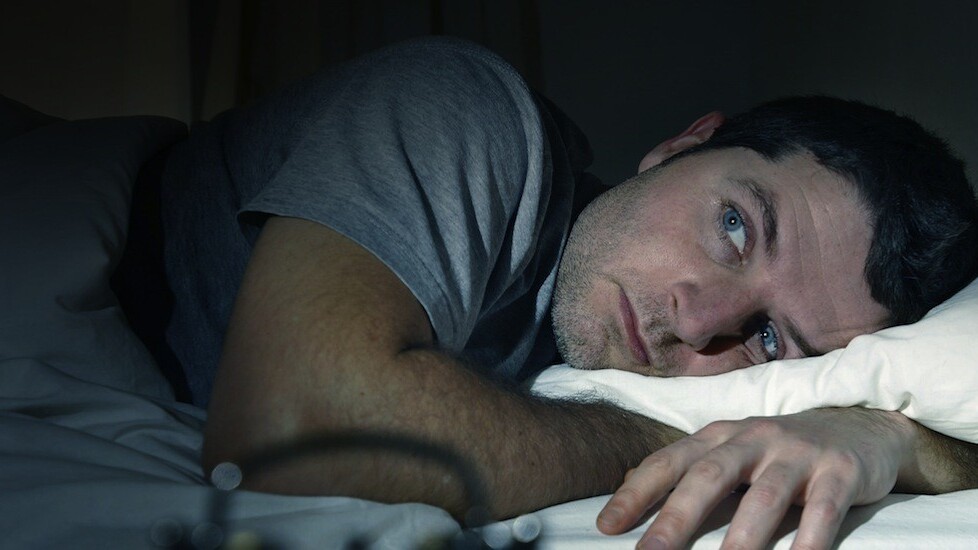
If you’re having trouble sleeping, it might be because you use social media too much during the day, according to a University of Pittsburgh study backed by the National Institutes of Health.
The study of 1,788 US adults aged 19 through 32 used a questionnaire to understand sleep disturbance versus social media use across Facebook, YouTube, Twitter, Google Plus, Instagram, Snapchat, Reddit, Tumblr, Pinterest, Vine and LinkedIn.
Almost 30 percent of the participants had high levels of sleep disturbance, with those who most obsessively checked social media sites experiencing the worst sleep, followed by those who spent the most overall time on social platforms.
The lead author of the study Dr Jessica Levenson said that this may indicate that frequency of social media visits is the best predictor of sleep difficulty. On average, the people surveyed said they used social media for a total of just over one hour per day.
The study has recommended that, like asking whether you drink or smoke, doctors might want to start asking people about social media usage if they come in complaining of sleep problems.
The researchers emphasized that more research is needed to understand cause and effect, whether social media disturbs sleep, or sleep disturbance increases social media use. Ultimately they suggest it’s a cyclical problem.
In particular, the team will continue to look at the extent to which social notifications keep us up late and how much social media debates stir emotions that might prevent us from sleeping.
It’s now quite widely believed that blue light emitted from screens has an impact on sleep, whether using social media or not, leading Apple to recently unveil a Night Shift feature, which could minimize the impact of late-night surfing.
➤ Social media use in young adults linked to sleep disturbance [University of Pittsburgh via TechCrunch]
Get the TNW newsletter
Get the most important tech news in your inbox each week.
